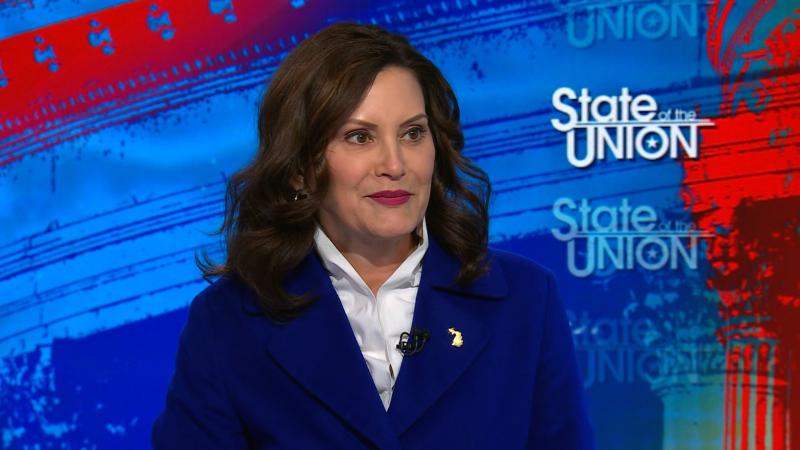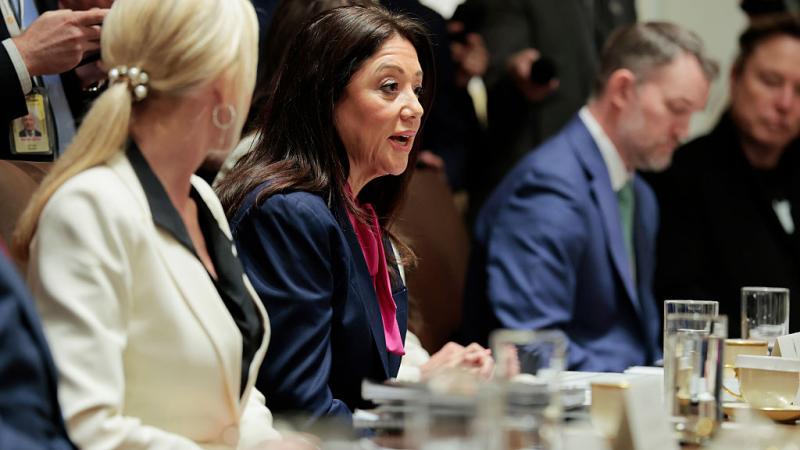New bill would pay Ohio students to go to school
It would also pay those who graduate from high school $250, with higher amounts going to students with grade point averages of 3.0 or higher.
Two Ohio lawmakers want to pay students to go to school and to graduate, calling chronic absenteeism an education emergency.
The bipartisan legislation would spend $1.5 million in taxpayer funds to establish a pilot program to pay kindergarten through ninth-grade students $500 a year to attend school.
It would also pay those who graduate from high school $250, with higher amounts going to students with grade point averages of 3.0 or higher.
“Participating schools will be carefully selected by the Department of Education and Workforce,” Rep. Bill Seitz, R-Cincinnati, testified Tuesday afternoon at the bill’s first hearing. “At least one rural school district and one urban school district will be included, both of which must exhibit chronic absenteeism in the highest quartile based on the most recent state report card ratings. This targeted selection ensures that the pilot program addresses attendance challenges where they are most prevalent.”
Rep. Dani Isaacsohn, D-Cincinnati, said students have yet to adjust back to a culture of going to school each day following the COVID-19 pandemic.
“And it’s not just Ohio – there has been a cultural shift away from attending school across the country,” Isaacsohn testified. “Chronic absenteeism rates have skyrocketed everywhere, almost doubling from prepandemic levels. This is the No. 1 issue we are facing in education, and it is an absolute emergency.”
The Attendance Incentive Pilot Program would split $750,000 between the attendance and graduation pay programs. Every district in Ohio can submit two schools for the program but only one rural and one urban district will be selected.
Students could receive $25 biweekly, $150 quarterly or $500 annually during the school year. Payments for kindergarteners will go to a parent or guardian, while payments for ninth-graders would go jointly to the student and the parent or guardian.
Also, districts receiving federal Title I funds and ranked in the lowest 20% in graduation rate can apply for two schools to participate in the graduate payment program.
A $250 base payment would go to each graduate, with more ranging from $250 to $750 for students with GPAs of 3.0 or higher and 3.5 or higher.
“Because it doesn’t matter how qualified a teacher is, or how great the new science of reading curriculum is at teaching a student to read, if students aren’t there to learn,” Isaacsohn said. “And think about this my friends: We can’t even have our battles over bathrooms or controversial subjects if there are no kids in the classroom. The most urgent problem in education today – by far – is the fact that students are not in schools nearly enough. It hurts their ability to learn, to develop social skills, and to adjust to the discipline and stability that sticking to a schedule brings.”
















